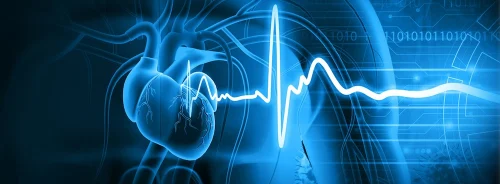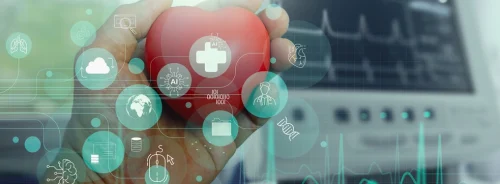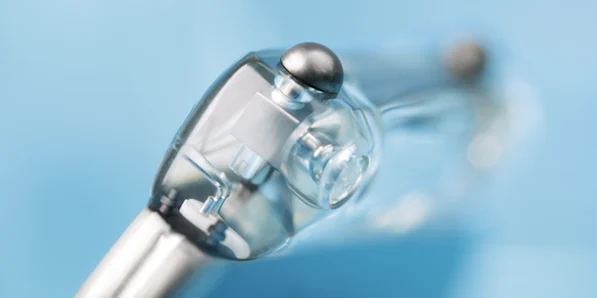Late breaking trial session at ESC Heart Failure Congress shows significant benefits for various device populations with the telemonitoring technology
Biotronik, a leading manufacturer of cardiovascular medical technology, has announced new results from a sub-analysis of last year’s groundbreaking IN-TIME trial.
Coordinating investigator Professor Gerhard Hindricks, MD, of the Heart Center, University of Leipzig, Germany, presented the findings during a late breaking trial session at the European Society of Cardiology (ESC) Heart Failure (HF) congress. The first results of the IN-TIME study were already presented at last year’s ESC congress, demonstrating a more than 50 percent reduction in all- cause mortality in heart failure patients supported by implant-based Biotronik Home Monitoring® compared to standard care.
The BIOTRONIK sponsored IN-TIME study was the first randomised, controlled trial worldwide that demonstrated a significant reduction in all-cause mortality in heart failure patients with implant-based remote monitoring. The study enrolled 664 patients with chronic heart failure, NYHA class II or III symptoms, ejection fraction ≤35 percent, and optimal drug therapy in groups with or without telemonitoring in a 1:1 ratio. The primary outcome, worsening heart failure, was based on the modified Packer score, a clinical composite score consisting of mortality, overnight hospitalisation for worsened HF, change in NYHA class and patient global self assessment. 274 patients receiving an ICD and 390 patients receiving a CRT-D according to guidelines were followed for one year.
The present sub-analysis compared the effects of Biotronik Home Monitoring® by device type to show that heart failure patients with both ICD and CRT-D devices could clearly benefit from Home Monitoring. At the end of the 12-month follow-up, a benefit could be seen for both device patients: relative risk of primary outcome in the telemonitoring versus control group was similar for ICD patients and CRT-D patients, as was the relative risk of secondary outcome, one- year mortality rate.
“With this sub-analysis, we can say with confidence that Home Monitoring confers the same benefits in mortality reduction to both ICD and CRT-D groups,” commented Prof. Hindricks. “The latest addition to the ESC guidelines recommends device-based telemonitoring for early detection of critical events in cardiac patients. It is now up to insurance providers to recognise the benefit and react, making this innovative therapy available to all who need it, including heart failure patients.”
Heart failure affects about ten percent of adults aged 70 or older worldwide.1 The European Society of Cardiology estimates that in Europe alone, at least 15 million people suffer from heart failure.2 More and more of them are being treated with cardiac devices that include some type of telemonitoring technology.
“The results of the IN-TIME study underscore the significance of implant-based remote monitoring with BIOTRONIK Home Monitoring® in managing heart failure patients,” commented Christoph Böhmer, President International at BIOTRONIK. “Home Monitoring-guided therapy allows for individualised patient management, enabling physicians to react to changes in a patient’s condition quickly, which is especially crucial in the treatment of heart failure. Early detection and early intervention can save lives.”
References:
1Roguin et al., Europace (2008), 10 (3): 336-346.
2 Within 51 countries representing a population of 900 million. Zannad et al., Europace (2009) 11 (5), v1–v9.
Latest Articles
Cardiology, Heart, telemonitoring, heart failure, home monitoring, Biotronik
Late breaking trial session at ESC Heart Failure Congress shows significant benefits for various device populations with the telemonitoring technology B...










